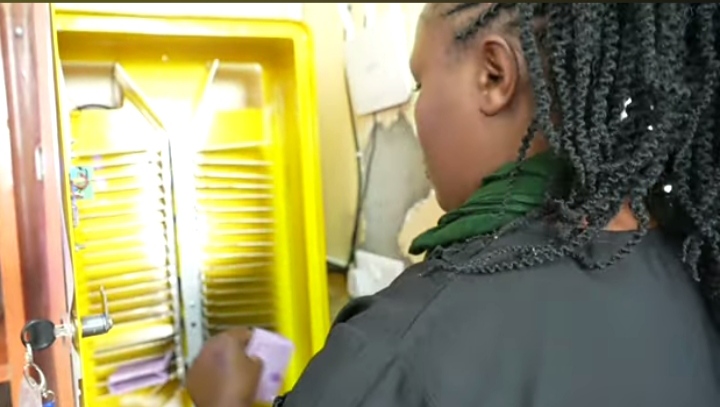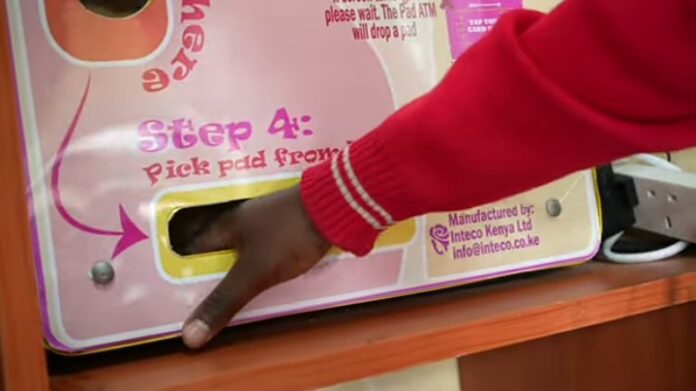By John Mwilwatsi, DevReporter, Nairobi County

Key Highlights
- Informal settlements in Nairobi are grappling with period poverty.
- Men are beginning to champion menstrual health to help end period poverty.
- The government needs to expedite creation of laws to ensure that girls and women can access sanitary pads, either for free or at affordable prices.
Many girls and women from impoverished informal settlements suffer from period poverty.
According to a 2022 study by World Bank Group and Global Water Security & Sanitation Partnership (GWSP), 65% of girls and women in Kenya cannot afford sanitary pads due to their high cost.
Article 43 (1) of the constitution of Kenya 2010 states that every person has the right to health care services, including reproductive health care.
Although the constitution guarantees reproductive health rights, Lilian Owino, 27, from Gatwekera village in Kibera, recounts her struggles during menstruation and calls for assistance.
“I have used torn clothes for a long time since I could not afford to buy sanitary wear. More organisations should come forward to support women and girls on matters related to menstruation.”
Faith Atandi, 30, shared her experiences while living in her rural home before moving to the city.
“I can count the number of times I used pads in the rural areas, as there were very few.”
She added, “I would encourage my fellow women to consider joining organisations that can help them with reproductive health issues here in Kibera.”
Yasmin Mohammed, a Nubian from the Makina area, describes her experience using pieces of cloth known as gurubaba as an alternative.
“Coming from a marginalised community and influenced by cultural values, my grandmother had little information about sexual reproductive health and rights,” she explained.
Yasmin is now an advocate against period poverty, leading an organisation that promotes the rights of girls and women regarding menstruation.
Men Championing for Girls
Fred Omondi, 27, from Bombolulu village, shared his experience caring for his sister.
“I was never concerned about her menstrual hygiene as it’s a taboo in society. Now, I will consider championing for girls’ rights because they need us to be part of the movement to end period poverty.”

Sanitary Pads are Beneficial
Linda Akoth, 40, from Lindi village, spoke about the benefits of sanitary pads.
“I can walk long distances to work knowing that I am safe, especially during my monthly days.”
Eric Baron, 37, a father of teenage girls, is pleased that his daughters receive sanitary pads at school.
“The government should expedite the enactment of laws to ensure that girls and women can access sanitary pads for free or at affordable prices,” he stated.
In line with Vision 2030, which aims to create a world where no woman or girl is held back because they menstruate, nominated senator Gloria Orwoba is among the women leaders advocating against period poverty.
Nairobi Governor Johnson Sakaja has promised to mobilise Members of the County Assembly through a consultative approach to allocate a budget for sanitary towels in Nairobi.
If the governor’s initiative comes to fruition, it will contribute towards the attainment of Sustainable Development Goal 5, which aims to achieve gender equality and empower all women and girls.






